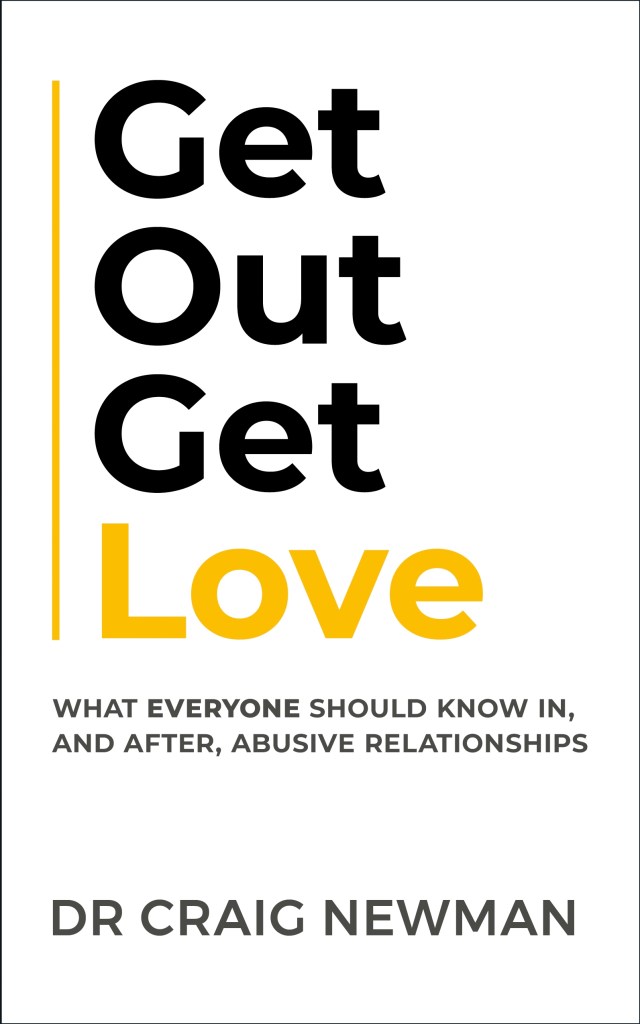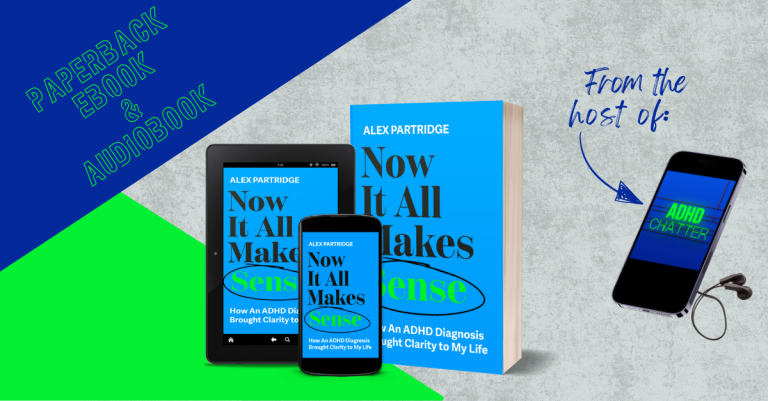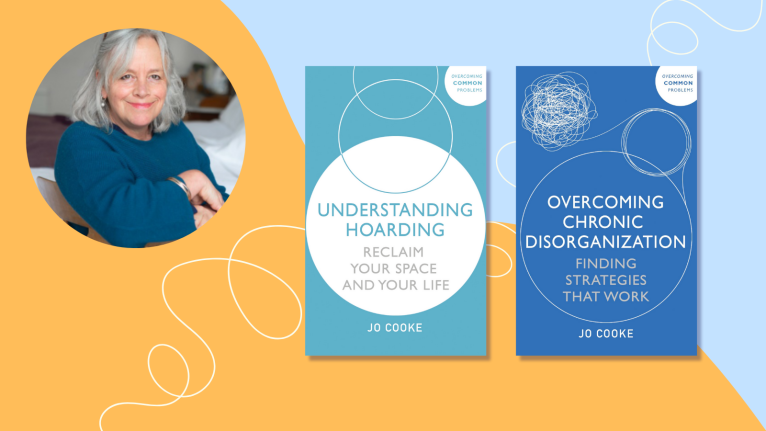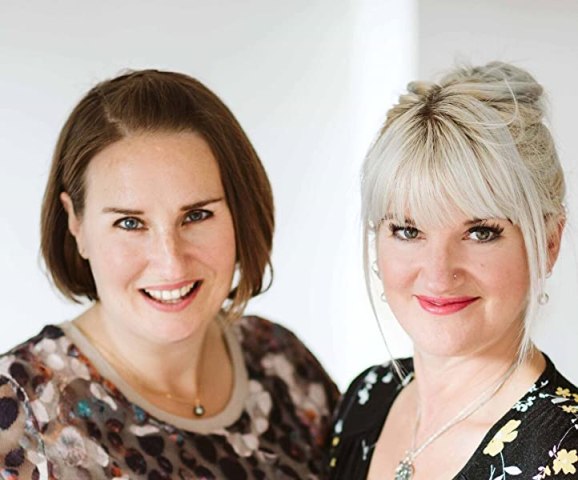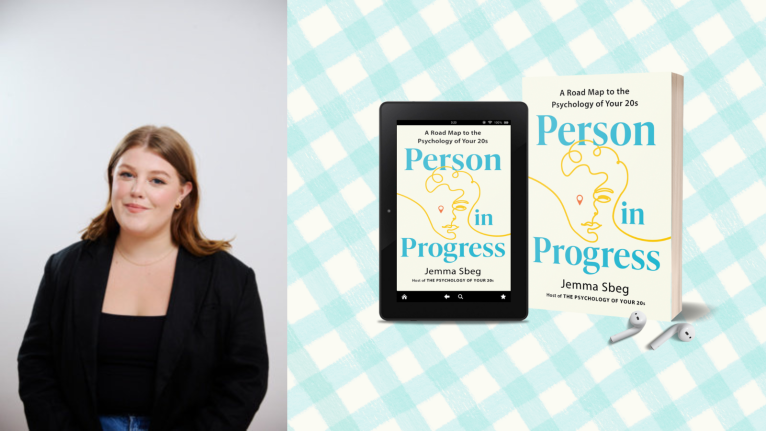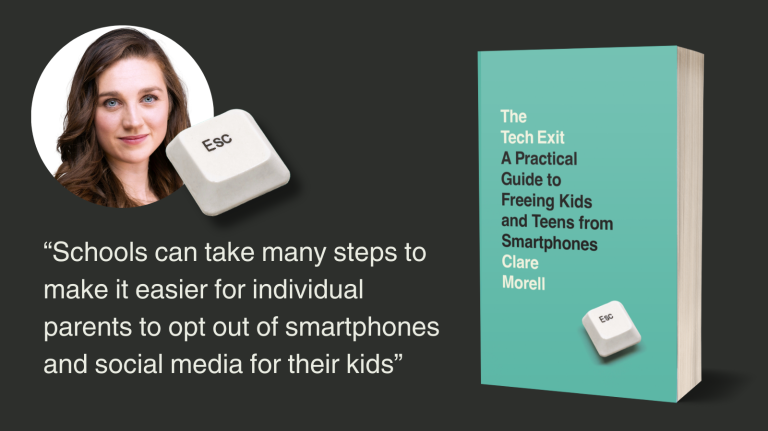From Shame to Possibility: Craig Newman on Empowerment After an Abusive Partner
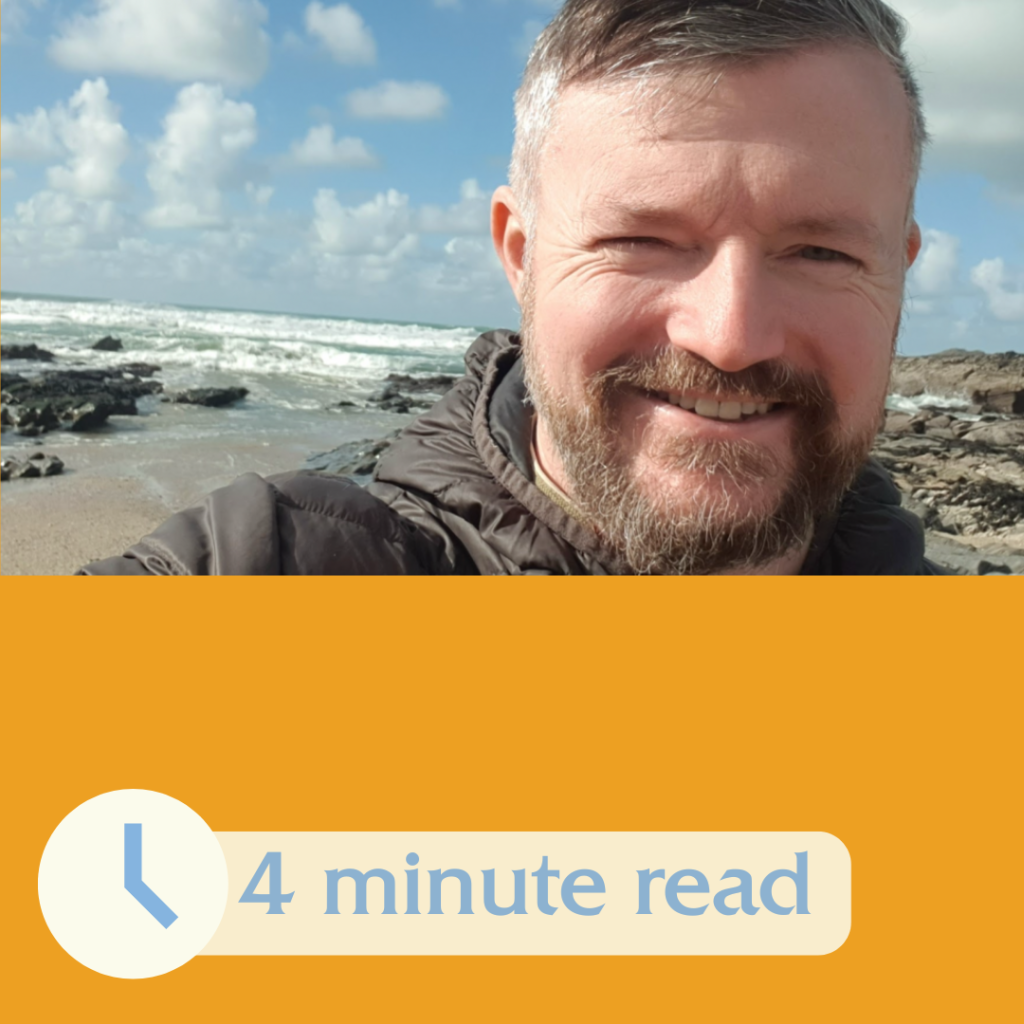
Author Craig Newman highlights the importance of empowerment after an abusive relationship, a year since the publication of his life-changing book Get Out Get Love.
Since publishing Get Out Get Love and revealing a recovery journey from domestic abuse, alongside a glimpse into my own experiences – I’ve continued to witness the challenge and success of recovery, and the journeys we make.
One of the perhaps most surprising outcomes of publishing the book – has been the increase in the number senior professionals who have connected with me regarding their past abuse. Other Psychologists, barristers, judges, CEOs, teachers and the likes. People we rarely hear about, in the story of abuse victims that is most heard in the media. I’ve had it said to me, repeatedly, that my own story of realising I was a victim alongside being a successful professional was validating and legitimised their ability to ask for help, to consider that success doesn’t rule out having been abused.
This isn’t to say that my work doesn’t touch on people from all walks of life, it was more of a surprise to see the awareness of personal need has perhaps widened – which pushes me on to deliver more into this space. Knowledge is power, and power is how we achieve freedom and love.
In the book, I provide a journey from abuse to self-empowerment. I’ve become clearer on what I mean by empowerment, giving the skills, the knowledge and the tools to the reader to navigate their own recovery journey. I’ve also become clearer on the need for empowerment. So many of the people who have come back to me with feedback have talked about previous support from domestic abuse services, the police and even therapists – typically to help them in crisis and usually for a short period of time. When life eventually settled down, then their need to understand their past became most apparent if not critical. At times of divorce (which can take years and feel abusive!), co-parenting (which can last a lifetime and be difficult to balance) and when entering new healthy and loving relationships (where old scars can be triggered). At these times, support services often don’t exist for people.
In all of these life stages, it is the unhealed trauma of the past paired with the lack of understanding, that creates challenges:
How to survive a divorce with an abusive ex, using the system against us?
How to co-parent with an abusive ex, who leverages the children to get contact?
How to trust and love another partner, and not push them away or litter them with our past?
For some, the need is to batten the hatches and survive a period. Reduce contact, understand the past and expect abuse – but deflect it. Until the court case has ended, for example. For all, there is a time when full recovery is essential – there is a need for empowerment. Closure from an abusive ex needs us to understand the past, to regulate (control) our emotional responses and to commit to and act on meeting our own needs as a priority. Be less of a rescuer of others, and more rescuing of ourselves.
Most people who come to the book seem ready for change, but don’t know where to start. Don’t dare believe that they can change perhaps – believe that true separation from a past abusive ex (and even childhood) is possible. Of course, it is. I’ve heard it in so many testimonials from people who have done the work prescribed in the Get Out Get Love programme. Much of the feedback I receive brings a tear to my eye, as the impact is what was hoped for when writing the book (all genders have provided such feedback, their anonymity protected:
“Thank you for giving me the knowledge to forgive myself, understand my situation and stay away.”
“Get Out Get Love has changed my life. I now have an understanding of my experiences that I had never been able to face before.”
“My healing journey is well on the way. I have learned so much in a very short time.”
I am hearing that people draw from the book at all stages outside of an abusive relationship, and I am seeing people pass it on to others they care about – sharing their own insight and journey of recovery. I hear almost weekly how somebody was gifted the book and they were grateful, what a wonderful story to hear about a book I wrote. Connected to this, I am hearing that partners of survivors are reading the book and families of those in abuse or recently out of are also finding answers. Recovery is always better within a community of support, and so this feels right.
The learning continues for me too. I am realising that I wrote the book for those who were trying to or had escaped abuse and I’m now seeing domestic abuse services, families and partners pick it up and make use of it. Life after abuse starts with escaping, then staying away and then navigating what life can bring alongside what changes we need to make in ourselves to seize these opportunities. Freedom, love, power, control, validation, closure – very little of it comes without us taking steps to grab them and secure them into our lives. I’m overjoyed to hear that my own attempts to do this for myself, have paved a way for others to follow.
An ongoing journey for me, more and more taken as a collective with the shared intent to empower themselves.
Dr Craig Newman is a Chartered Clinical Psychologist with over 23 years’ experience in supporting transformation and personal growth. His book Get Out Get Love: What Everyone Should Know in and After, Abusive Relationships, is available now.
Get Out Get Love
– Is this what they mean by abuse?
– Why am I tolerating such a bad relationship?
– Will I ever be able to get out and feel free?
If you have ever asked yourself any of these questions, you may be, or have been, in an abusive relationship, even without realising.
Every minute, more than 20 people in the UK or US are abused by their partner.
Get Out, Get Love is an essential guide to the journey that anyone who is in, leaving or has left an abusive relationship must undertake. It takes the reader through three key stages – getting understanding (of the reasons we fall into abuse and why we tolerate it), getting out (escaping, breaking the cycle and staying away) and getting love (seeking closure, regaining trust and developing self love).

